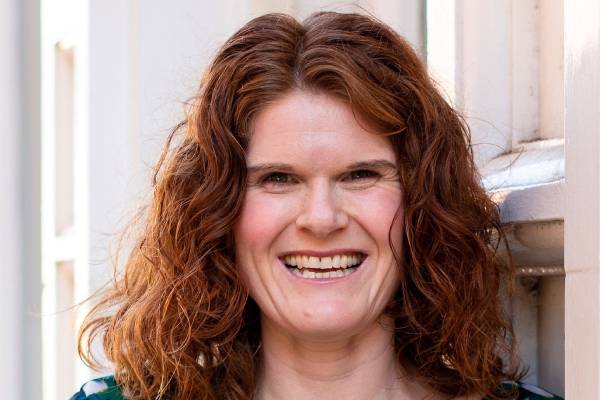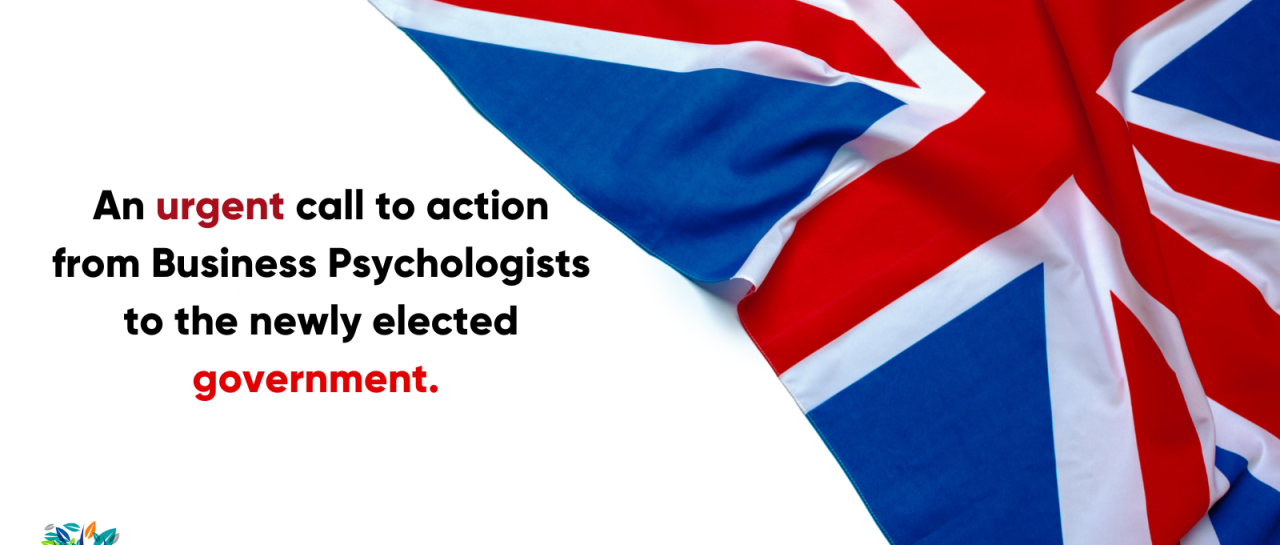Authored by Certified Business Psychologist Laura Howard. Certified Business Psychologist, Laura Howard, reflects on the webinar she recently delivered to ABP members. Below she outlines the main findings of her published research uncovering systematic barriers women face when being authentic as leaders. Importantly, she gives…
World Sleep Day
19th March 2021
Discovering the importance of sleep was a route to wholeness and wellness, argued Daniel White at the March Friday afternoon tea session. Improving naturally has the effect of making you feel energised, refreshed and fully alive, something which Daniel experienced during recovery form a period of ill health. Managing sleep is part of a holistic approach to health. The presentation covered:
- How sleep impacts our health
- The basics of sleep science
- How we slept through evolution
- Introduction to Circandian Rhythms
- How light exposure impacts your sleep anc Circadian Rhythms
- Three key steps to supporting healthy Circadian Rhythms
Prof Matthew Walker, one of Daniel’s tutors and mentors, highlighted that we are all exposed to stress and we are similarly affected by sleep and suggested that sleep is “Mother Nature’s best effort yet at contra-death”. It is not just scaremongering when it is postulated that sleep touches every area of our health, including heart, metabolism, speech, cognitive faculties, memory, mental health and the immune system. It was the breakthrough discovery of the glymphatic system, related to detoxification of the brain, which demonstrated the importance of the health of this system and its need for regular detoxification in the prevention of long term neurodegeneration, contributing to a longer and healthier life.
Why should you take the time to learn how to sleep better? The crucial point is that there is no best way to better sleeping and we can all, however well we sleep, improve our sleep patterns.
Theodosius Dobzhavsky proposed that “nothing in biology makes sense except in the light of evolution”. Valter Longo considered that “the idea is to learn from evolution and marry it with science”. Sleeping has evolved as a regular pattern of activity since the days of cavemen who had regular patterns of waking up at dawn, social activity and eating, stargazing, rolling over and sleeping, and then then once again heralding a new dawn. Daytime was a time for hunting for the men and supported by families.
Whatever form of life is considered, life developed into a 24 hour daily rhythm where timing of activity according to the time of day is everything, in order to get things done to survive. Every single living organism spends it day finding energy, using and storing energy, protecting itself from harmful agents, repairing and growing and reproducing, al of which are guided by an internal 24 hour system, This regularity is enshrined in the concept of “Circadian Rhythms”, which controls the functions of the body at predetermined times during the day. An important part of the brain is the Suprachiosmatic Nuclear (SCN) which interprets external “cues” from your environment “Zeitgebens” which are then relayed to the brain’s Hypothalamus which controlls the master clock.
Why is Circadian health so importance? It determines our 24 hour body clock, when we wake up and go to sleep. It recognises that not everything can happen at once (quote: Dr. Sachin Panda). It determines that you should do the right things at the right time of day. Night is the time when the body repairs itself. It highlights the importance of two hormones, cortisol and melatonin, which between then determine and optimise good sleep and energising of the body. We need to understand how our lifestyle choices can affect the crucial balance between these two hormones.
Our bodies are trying to adjust to the use of technology. Forcing us to use Zoom because of Covid is putting the body under intense pressure. The nervous system is being forced to keep up Cortisol levels to accommodate this pressure and we need to find ways of plugging the gap created by excessive use of Cortisol. It can have the important effect balancing sleep quantity vs sleep quality. We think that because we are older we may need less sleep, but what is important is how you feel when you wake up in the morning. Some people find that napping during the day can be helpful, and it can improve alertness but it does not substitute for proper sleep. Also it has been proven that shift work can be bad for health over long periods of time.
The relevance of this research is that it indicates the role of melatonin in darkness and release of cortisol during daylight and how our activity can moderate this and hence manage this important aspect of our bodily function. It is crucial that we have darkness and sleep to produce sufficient melatonin to recharge the brain. Artificial light, especially powerful LED lighting, is actually bad for us and can damage our health, creating functional deficiency. Reading an ipad in bed contributes to reduced sleep quality and the result of 50% less melatonin. Artificial Light at Night (ALAN) with especially blue light is particularly bad: one hour exposure can be equivalent to 30 minutes suppression of melatonin, 2 hour 60 mins, with four hours equivalent to 3 hours of melatonin suppression. How can we consciously address this interference with the Circadian Rhythms?
- Get out into light as soon as possible after sunrise. 15-30 minutes light exposure earl morning is equivalent to two hours after work sessions. Going out into natural light has the effect of the sunlight recharging, the body batteries, laying the groundwork for improving the body routine. Don’t wear sunglasses as they prevent light from interacting with the SCN
- Get out into daylight twice during the daytime.
- Remove all forms of artificial light at night. This prepares the body to sleep better. Energy efficient LED blue light is “the devil”. Use amber and red lights around the house.
- Screen the light in order to filter out the blue component. Using red/yellow filters on glasses is definitely beneficial.
Daniel was passionate about the topic of light exposure and its impact on the Circadian rhythms and routines. Blocking blue light contributes to ideal sleep routines. Natural light helps us to wake up and wind down at appropriate times of day and night.
In short, avoiding artificially forcing work patterns in the dark can improve balance and alertness, along with work during the daylight and blocking harmful light at night. Getting outside for natural light and exposing skin to sunlight is hugely beneficial. Our bodies are still programmed for daylight working: get them working by working with, not against, Circadian Rhythms.
Two important resources for following up:
- How to hack your smartphone, pc and laptop for better sleep.
- Why light is just as important as food
Additional Resources
- Access Daniel’s free follow up guides “Why Light Is Just As Important As Food + How to Hack Your Smartphone, PC and Laptop For Better Sleep”
- Visit the Sleep Better Live Betterwebsite to read their latest sleep advice and blogs, find out more about the Sleep Better Live Better Programme or purchase a pair of blue light blocking glasses (there is 15% off all products until Monday to celebrate National Sleep Awareness Week).
- Schedule a call with Daniel if you’re interested to learn more about his 1-1 coaching or finding out about the education and training that he provides to organisations. You can also contact Daniel via email – dan@danielwhitehealth.com
View the full slide deck here.
RT
19 Mar 21



